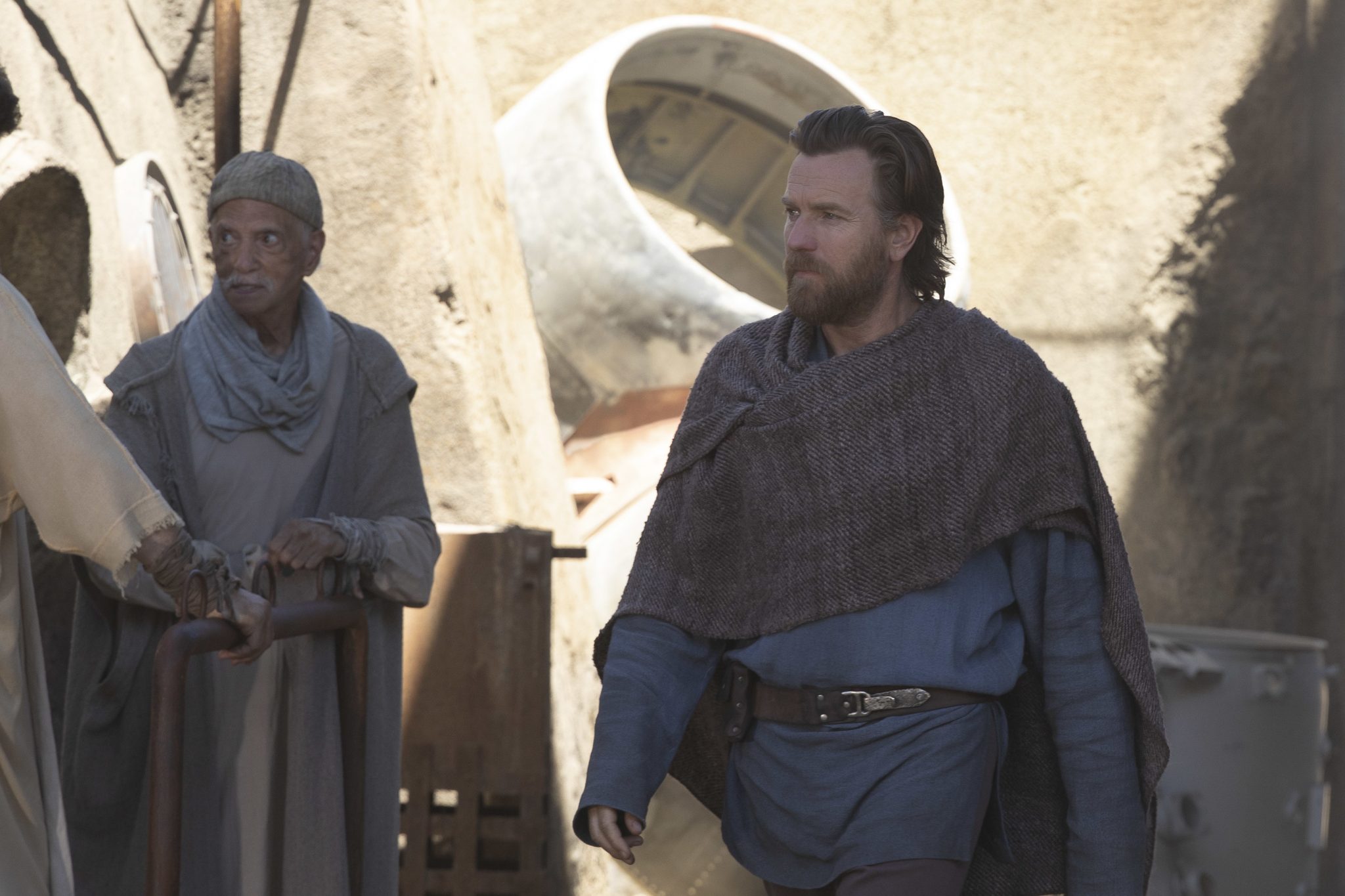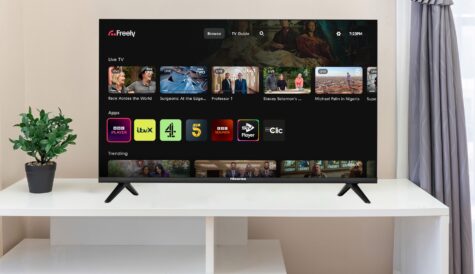Stranger Things success shows Netflix is still the king of streaming – but for how long?

Stranger Things 4
The prevailing narrative over the past 12 months is that Netflix has run out of steam and that its rivals, while playing catch-up in terms of subscribers, are increasingly presenting consumers with more bang for their buck.
This particularly came to a head in April when Netflix lost subscribers for the first time in a decade and estimated that it would shed a further 2 million subs by the end of the year. Seemingly in reaction to this, the company will introduce an ad-supported tier (which looks set to be introduced in the before the end of 2022), while reports this week suggest that the company is also looking to break the second part of its ‘no ads, no sports’ cardinal rule by picking up F1 rights for the US.
However, in a moment where Netflix saw its co-CEO added to Russia’s blacklist along with the likes of Universal Pictures president Peter Cramer and Treasury secretary Janet Yellen, the success of one particular series reflects that the streamer is still determining the zeitgeist – but questions remain as to how long this will last.
Nothing strange about it
At a particularly sticky period of time, the astronomical figures surrounding the return of Stranger Things defies any narrative of a company in decline. The 80s throwback series returned for season 4 on May 27, and has broken Netflix’s record for the biggest-ever premiere of an English-language series.
Despite only being available for three days, the series was watched for 287 million hours during the week of May 23-30 while the following week saw members streaming the show for 355 million hours.
Remarkably, this isn’t even the overall record for the most-viewed show on Netflix across a seven-day period, which continues to be held by Korean drama Squid Game (viewed for 571.76 million hours in one week).

Obi-Wan Kenobi has become the biggest-ever Disney+ debut, but its viewership still lags behind Stranger Things
During the same initial release period, Disney+ saw its most-successful debut to date with Obi-Wan Kenobi, but its viewership pales in comparison to Netflix’s behemoth.
Perhaps more importantly than the pure statistics however is the grip that Stranger Things – and by extension Netflix – has over pop culture.
The series, which has captured audiences over multiple age demographics, has dominated social media and such is the viral impact of Stranger Things that iconic British singer-songwriter Kate Bush achieved her first ever US Top 10 hit with ‘Running Up That Hill’ some 37 years after it was released. The album from which that song comes, ‘Hounds Of Love’, is currently number one on the Billboard albums chart for Top Alternative Albums, while popularity of the album surged 2,086% since the May 27 release of Stranger Things.
While shows like HBO’s Euphoria have in recent times boosted the popularity of featured musicians, you’d be hard pressed to find a kingmaker the equivalent to Netflix’s Stranger Things.
Turning culture into cash
It’s one thing to praise the success of a particular IP and the ripples it has caused, but the situation facing Netflix right now is that it has few of these truly bankable properties.
Disney+ might not see the same isolated success, but the steady flow of shows from Marvel and Star Wars (this week also saw the series premiere of Ms Marvel) will ensure that it has a continued userbase.
Similarly, Warner Bros. Discovery’s brand of prestige drama from HBO and depth of content means there’s always either a returning series or a high-profile original on the horizon for HBO Max.
Matthew Evenson, TV and online video research analyst at Omdia, argues: “For a long time, the focus at Netflix was heavily on content that would bring in new subscribers but with subscriber growth slowing down, we’re starting to see an increased focus on content that will help retain subscribers. Previously that would have been popular licensed shows like Friends or The Office but now that Netflix no longer has those shows in particular markets, it needs to develop its own shows that inspire a similar level of commitment and fandom from its subscribers.
That’s why we’re seeing multi-season renewals for the likes of Bridgerton, Virgin River and Heartstopper, or an upfront three season commitment for Vikings: Valhalla. If Netflix can identify the shows with that committed audience, it can help ensure they keep their subscription by giving them more of what they like.”
The strength of Stranger Things and titles like Bridgerton, The Witcher and Squid Game shows that when Netflix has a hit it knows how to make the most of it, but those landmark series releases are largely few and far between despite Netflix’s overwhelmingly large TV and movie slate. And those series have a much longer production cycle than traditional TV (its arguable that part of the reason Stranger Things has performed so well is because viewers have had to wait since July 2019 for a new season of the show), with Squid Game creator Hwang Dong-hyuk recently indicating that fans of the show could be waiting until 2024 for season 2.
Omdia’s Evenson also notes that Stranger Things will wrap up its run after season five, and that “would free up significant budget to spend elsewhere” while it “works hard to offset the loss of such a prominent and popular show”.
Netflix has evidently become an event-viewing platform, but in order to prevent churn, the streamer must work to ensure those events are not so spread out. It’s easier said than done to argue that the streamer should develop more recognisable IP to release regularly, but the simple fact is that its biggest rivals have the rights to some of the most recognisable brands and characters on the planet.
Netflix is still the leader of the streaming pack, but that pack is closing in and the company has to pull something out of its hat if it wants to stop its rivals from catching up.




